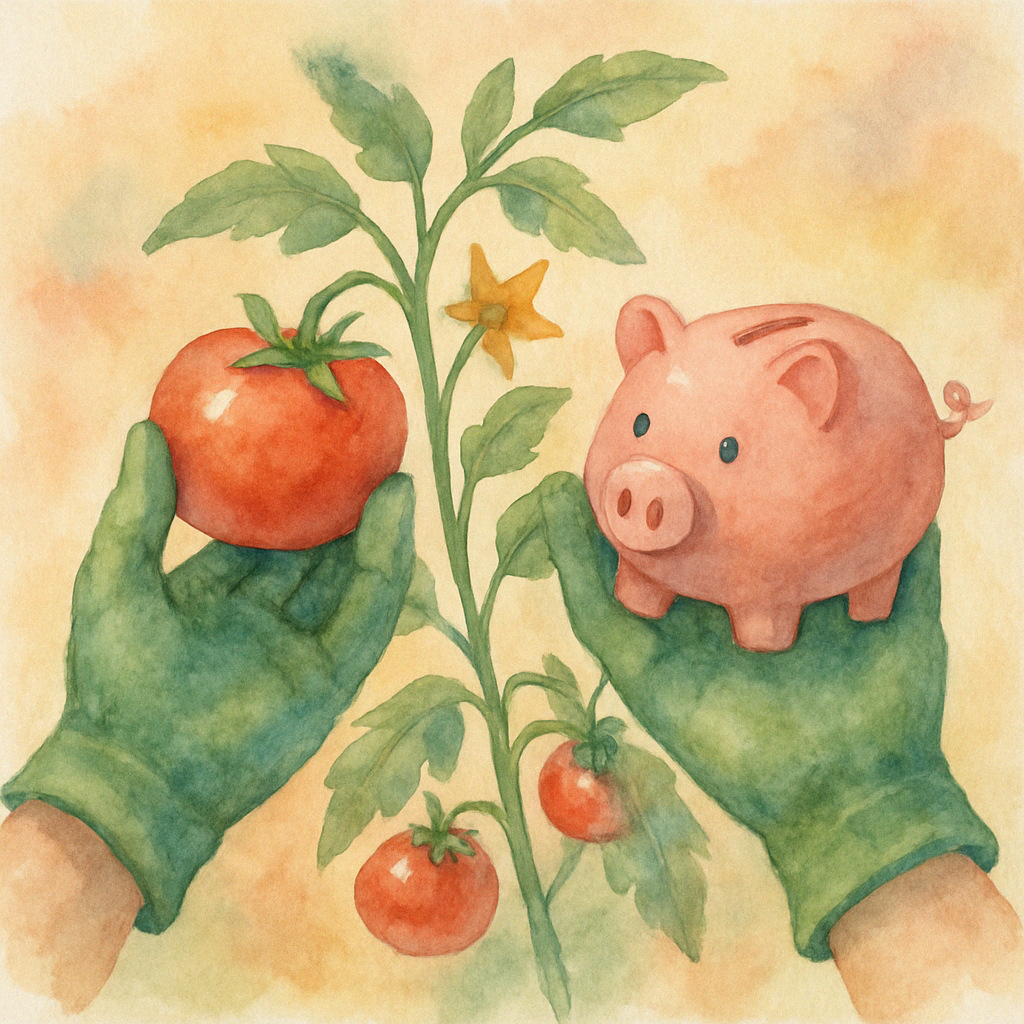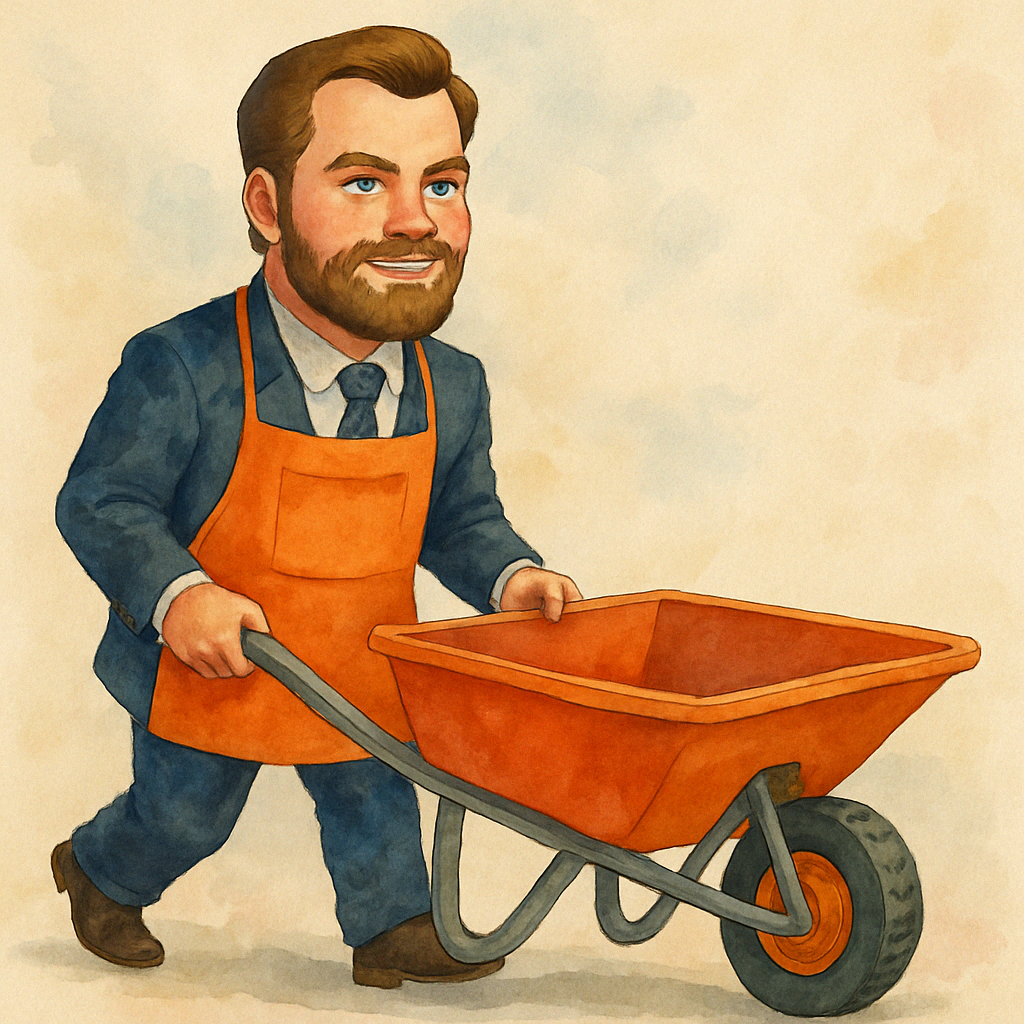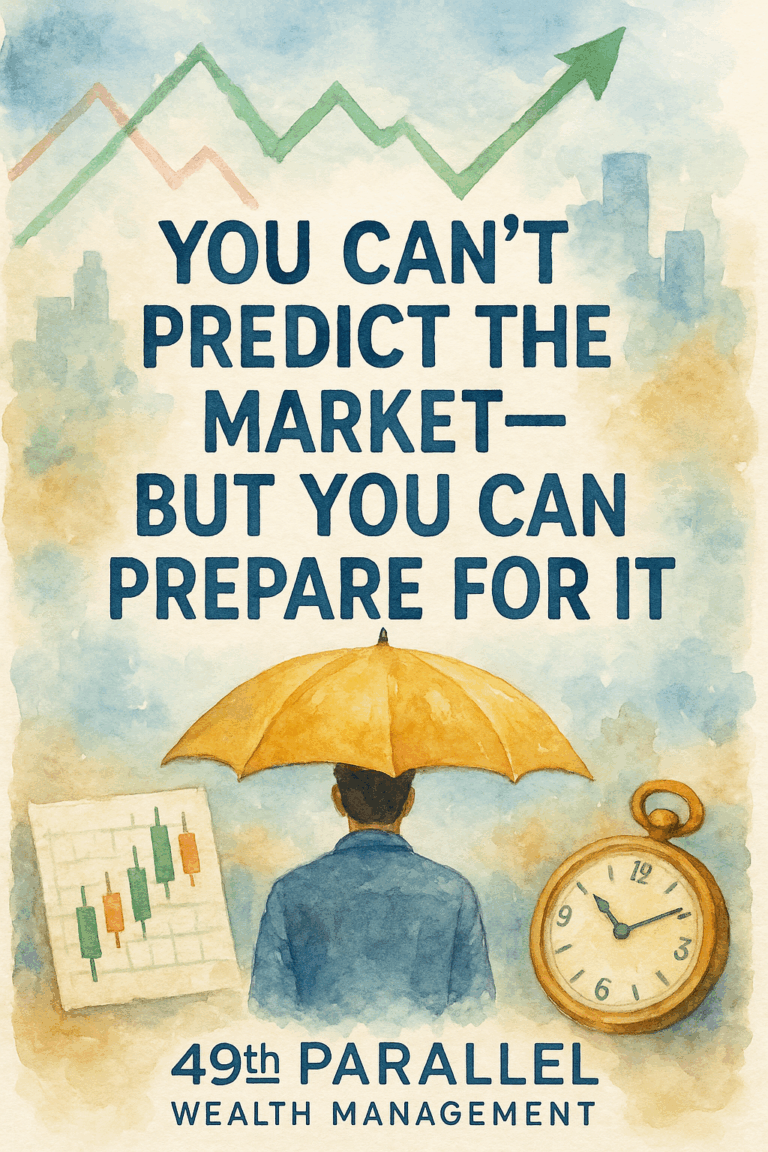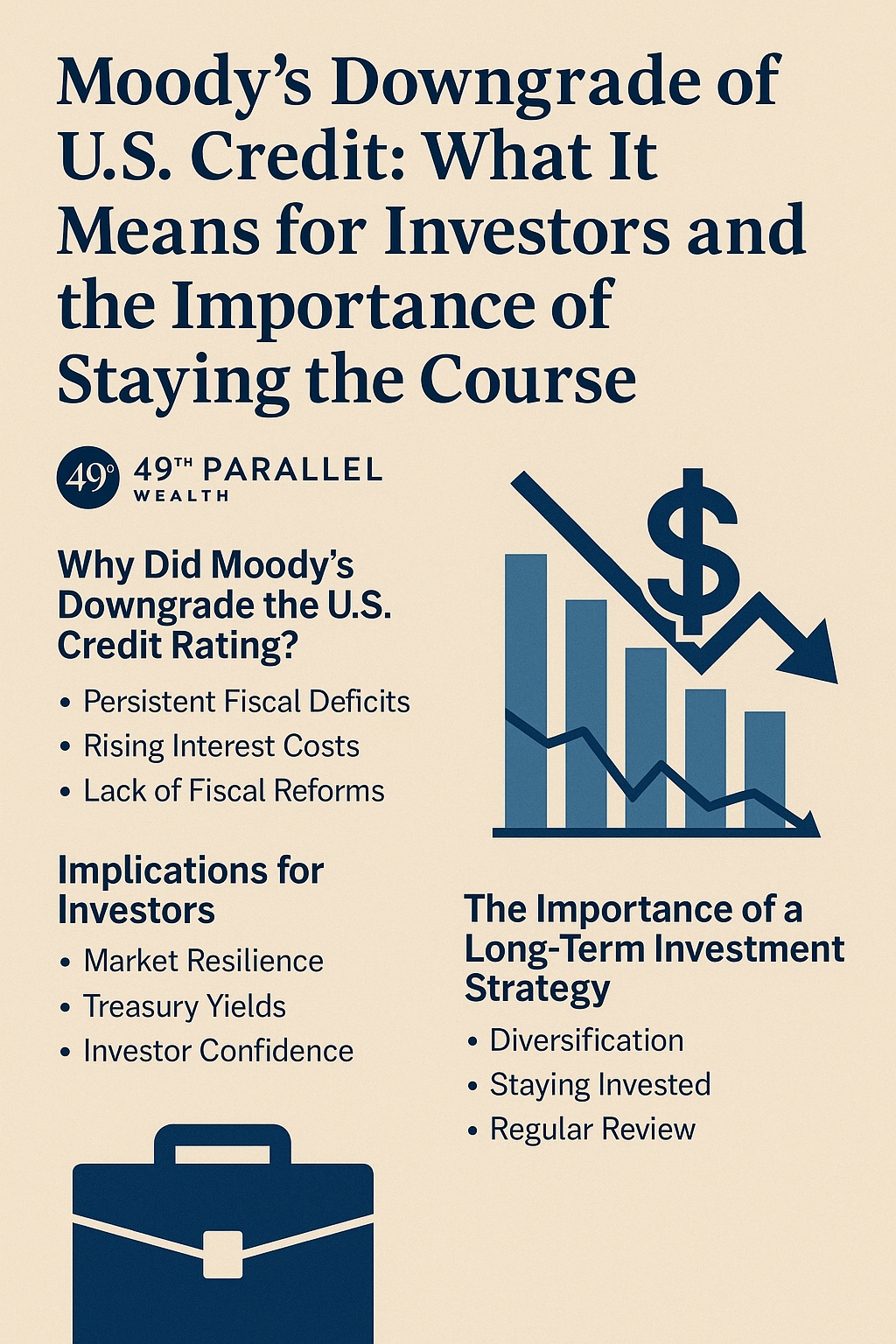 alt="Garden " width="1024" height="1024" />
alt="Garden " width="1024" height="1024" />In an era marked by rising food prices and economic uncertainty, many Americans are turning to home gardening as a means to regain control over their food sources and finances. This resurgence in gardening isn’t merely about cultivating plants; it’s a reflection of a broader desire for self-sufficiency and well-being.
The Economic Roots of a Gardening Renaissance
As food prices continue to climb and global supply chain issues persist, more people are rethinking how they access fresh produce. Growing food at home has become a thoughtful and practical response. It’s not just about saving money but about reconnecting with food and building more control into daily life.
According to Oregon State University, the cost of groceries is expected to increase due to trade challenges and inflation. In response, individuals and families are creating small-scale food plots in backyards, balconies, or community spaces. A survey highlighted by Progressive Grocer found that over 80 percent of participants had started producing their own fruits and vegetables to reduce reliance on supermarkets.
This movement reflects more than a financial adjustment. It’s a lifestyle shift toward greater independence, healthier habits, and sustainable living.
Beyond Economics: Health and Flavor Benefits
For those who have embraced the practice of growing their own food, the benefits reach far beyond saving money. Many find that fresh, homegrown produce not only tastes better but also adds a personal connection to everyday meals. The experience of harvesting something you’ve nurtured yourself brings a sense of satisfaction that store-bought food simply can’t match.
There are also meaningful health advantages. Gardening involves light physical activity, which supports cardiovascular wellness and reduces stress. According to the Mayo Clinic, spending time outdoors tending to plants can improve mood and promote mental clarity.
This simple habit encourages more thoughtful eating and often leads to a healthier lifestyle overall. Families who grow food together also pass down valuable lessons about responsibility, nature, and nourishment. In embracing this hands-on approach, people are finding a more balanced, grounded way to live—one that supports both body and mind.
Gardening as a Financial Planning Strategy
Incorporating gardening into one’s lifestyle can also be viewed as a practical and forward-thinking form of home gardening as a financial strategy. By growing their own food, individuals can significantly reduce their dependence on rising grocery prices and ease the financial pressure caused by inflation. This small but meaningful change can lead to noticeable savings over time, especially for households that consume a lot of fresh produce.
Beyond the immediate budget relief, home food cultivation represents a long-term investment in both personal health and environmental sustainability. It encourages mindful living, supports healthier eating habits, and can even increase the value and functionality of residential spaces. The increasingly popular practice of ‘foodscaping’—integrating edible plants into ornamental landscapes—demonstrates how beauty and utility can work hand in hand. It’s a strategy that promotes wellness, financial efficiency, and a deeper connection to the food we consume.
 alt="" />
alt="" />A Sign of the Times
The resurgence of home gardening raises the question: Is this a sign of the times? The answer appears to be yes. As people navigate economic challenges, there’s a collective move towards self-reliance and traditional practices. Gardening, an age-old tradition, is experiencing a renaissance as individuals seek control over their food sources, health, and finances. This trend reflects a broader shift towards sustainable living and proactive personal management.
The rise in home gardening is more than a hobby; it’s a strategic response to contemporary challenges. By cultivating their own gardens, individuals are not only addressing immediate economic concerns but also investing in their long-term health and well-being. This movement underscores a return to foundational practices that offer resilience in uncertain times.



